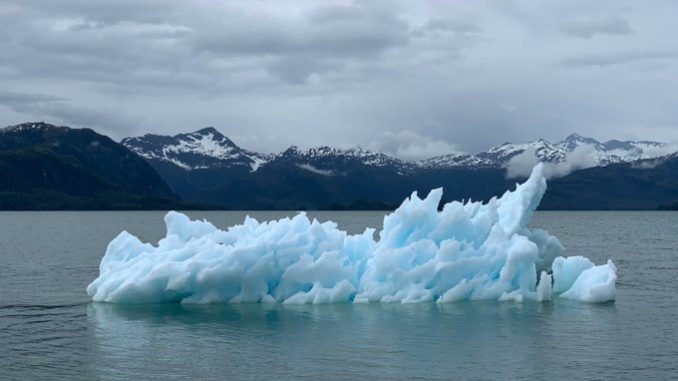
As the world fights climate change, will the increasingly widespread use of artificial intelligence (AI) be a help or a hindrance? In a paper published this week in Nature Climate Change, a team of experts in AI, climate change, and public policy present a framework for understanding the complex and multifaceted relationship of AI with greenhouse gas emissions, and suggest ways to better align AI with climate change goals.
« AI affects the climate in many ways, both positive and negative, and most of these effects are poorly quantified, » said David Rolnick, Assistant Professor of Computer Science at McGill University and a Core Academic Member of Mila — Quebec AI Institute, who co-authored the paper. « For example, AI is being used to track and reduce deforestation, but AI-based advertising systems are likely making climate change worse by increasing the amount that people buy. »
The paper divides the impacts of AI on greenhouse gas emissions into three categories: 1) Impacts from the computational energy and hardware used to develop, train, and run AI algorithms, 2) immediate impacts caused by the applications of AI — such as optimizing energy use in buildings (which decreases emissions) or accelerating fossil fuel exploration (which increases emissions), and 3) system-level impacts caused by the ways in which AI applications affect behaviour patterns and society more broadly, such as via advertising systems and self-driving cars.
